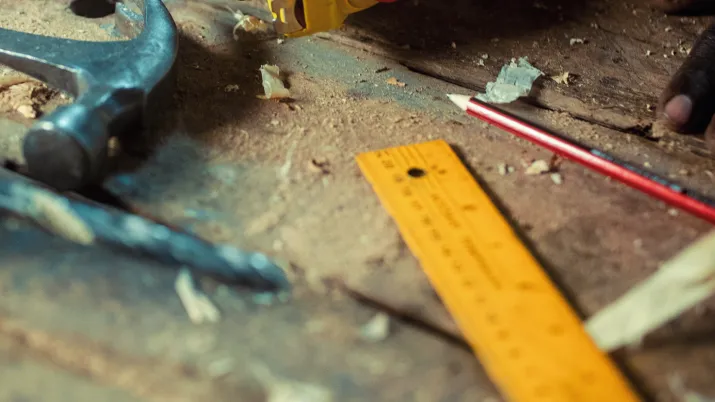News
Joining in the fight against Covid-19 and diversifying activities: The case of SERMP in Morocco
SERMP is a Moroccan aeronautical subcontracting company. Like the entire sector, it is feeling the economic repercussions of the Covid-19 crisis. To both contribute to the national effort and diversif...
Published on

Geographical indications and quality brands: An effective tool to promote industrial SMEs’ market access
Agri-food production remains at the core of African industry, representing up to 18% and 30% of the industrial revenues in countries like Tunisia and Morocco. Demand for local products has presented o...
Published on

Key questions concerning African industrial development policies
African industrial development is a major challenge for the Continent and it is currently a key focus for governments, financial backers and investors. Although still in the early stages of developmen...
Published on

The role of the manufacturing sector in Asian economic development
When studying industrial development dynamics and their impacts on the economy worldwide, the Asian case is an obvious example. Huge investments in the manufacturing sector have brought about rapid st...
Published on

Supply chain diversification due to Covid-19 to benefit Africa?
With its booming population, Africa may have no choice but to rapidly expand its industrial base. Doing so has been given impetus by European companies’ desire to bring their supply chains closer to p...
Published on

Short-term impacts of the Covid-19 crisis on the African manufacturing sector
Initial reports and data on the impacts of the Covid-19 crisis between March and June 2020 highlight the relative resilience of African countries when compared to other emerging countries such as Braz...
Published on
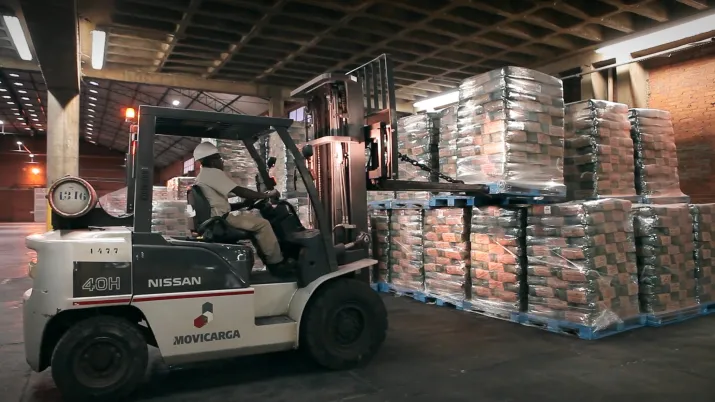
Reducing gender inequality: approach by a bank
Gender inequalities in Panama are still prevalent and women’s participation in the country’s economy is still low. Despite government intervention to address these inequalities, private sector involve...
Published on
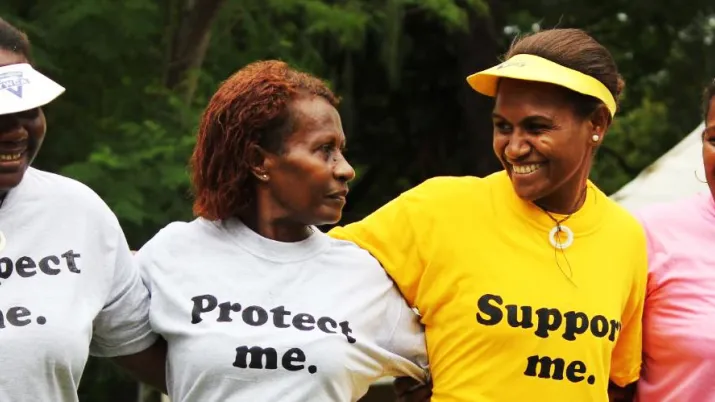
Women’s investment: financial instruments promoting inclusive economic development
Despite having one of the highest levels of women entrepreneurs in the world, the economic potential of women in Africa remains undervalued. This is in particular due to a range of financing that does...
Published on
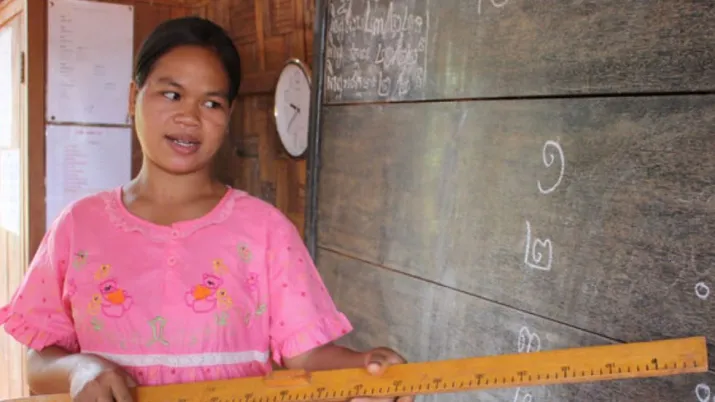
Gender and climate: levers for sustainable development
Women are first in line when it comes to tackling climate change. Whether they are involved in producing and managing resources or in climate negotiations, women are fully-fledged stakeholders in the...
Published on
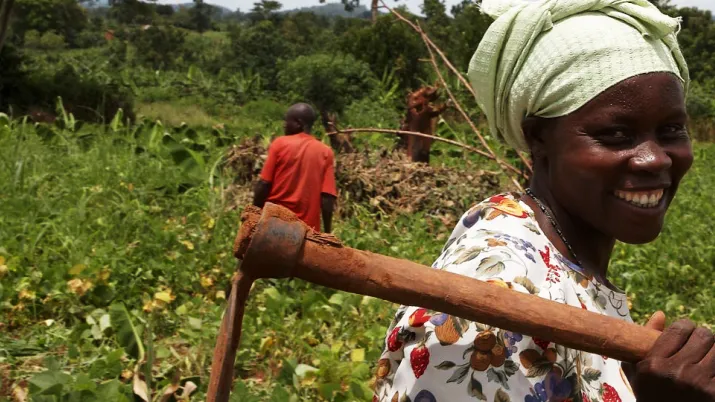
Empowering women through financial inclusion: the case of Tunisia
Cultural and social constraints on women are still very much alive in Tunisia and continue to check their considerable economic potential. Enda understood this from the outset in 1995 and it provides...
Published on
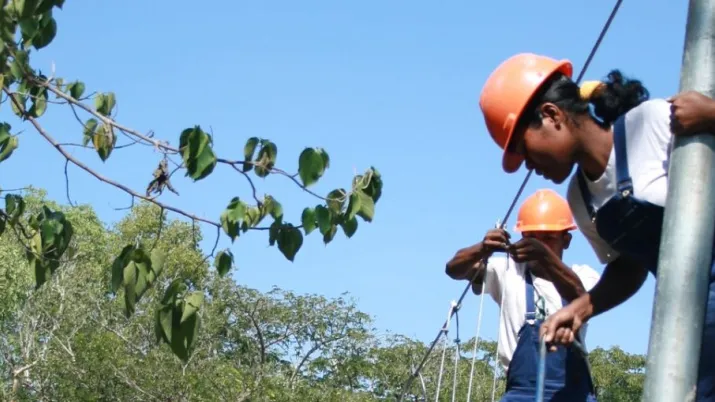
The private sector: a key player in reducing gender inequalities
Enabling women to become agents of social and economic change in Pakistan is the main objective of the Kashf Foundation. Since 1996, it has been providing microcredit and loan offers specifically for...
Published on
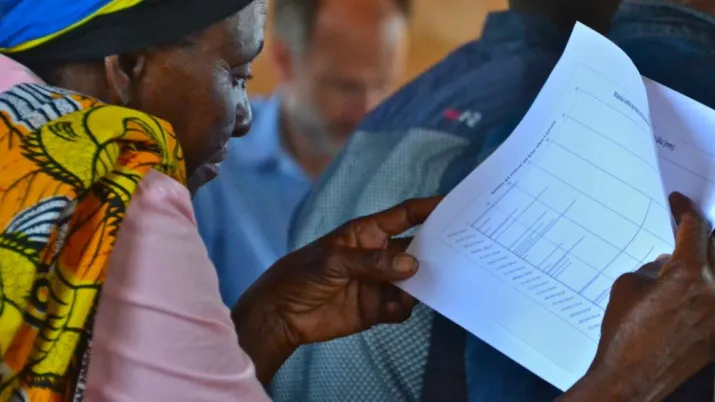
How can general impact investors tackle gender-related issues?
Gender equality is a crucial component in achieving the UN’s sustainable development goals (SDGs) and more and more investment funds and stakeholders in the finance arena are starting to factor it int...
Published on
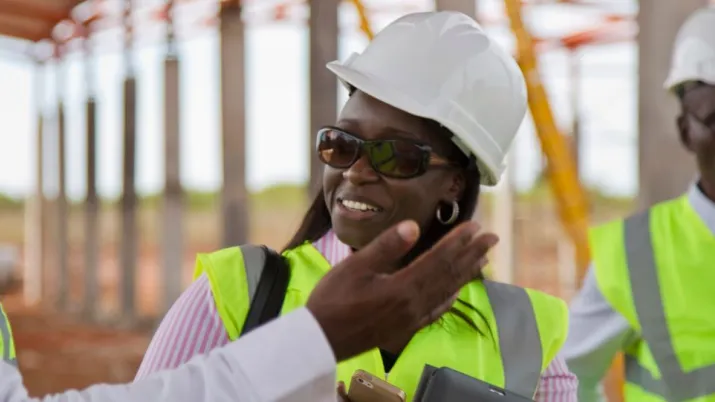
Twenty-five years after the Beijing Conference, achievements and persisting gaps
Over the past 25 years, undeniable achievements have been made in the field of gender equality and the promotion of women’s rights and opportunities. But this progress is still far too slow: at the cu...
Published on
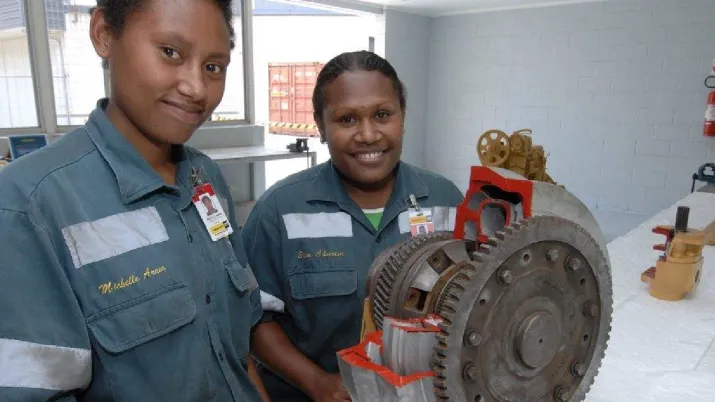
A key ingredient for Africa’s growth: investing in women entrepreneurs
Bridging gender gaps requires identifying and implementing programs and policies that target the specific constraints that women entrepreneurs face, and working with all actors in the private sector,...
Published on
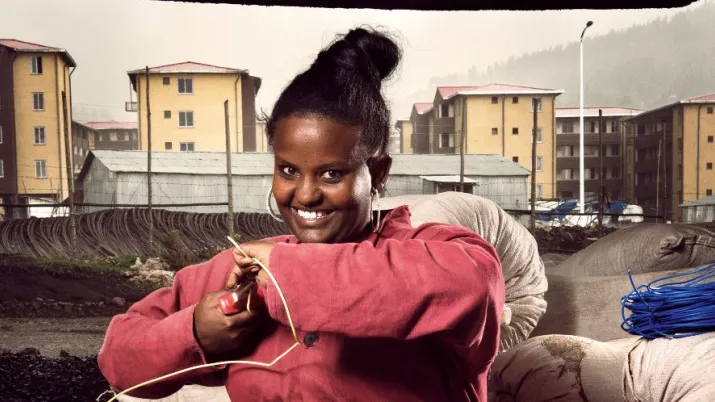
Does entrepreneurship really empower women?
Concerns about gender inequalities and, more generally, women’s empowerment around the world are today central development issues. Empowerment is also increasingly seen through the prism of women’s en...
Published on
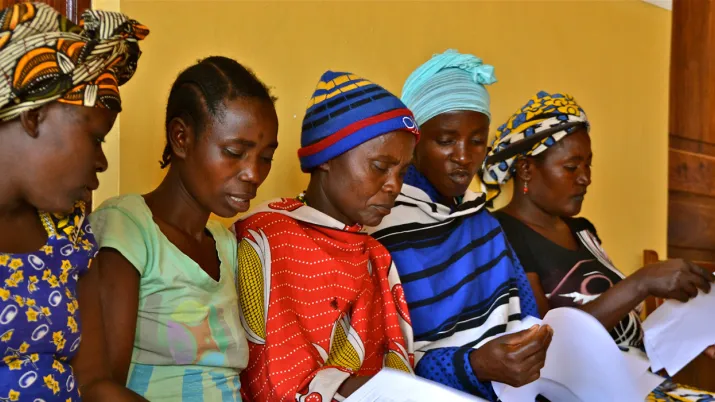
Are digital technologies set to revolutionise SME financing in Africa?
According to Aiaze Mitha, an entrepreneur and Fintech expert, the many digital innovations that are emerging and already exist could transform each stage of the financing value chain, opening a new er...
Published on

Cameroon: 90% of the labor force trapped in the informal sector
The informal sector occupies a disproportionate position in Cameroon. While it ensures the survival of many workers, it prevents the country’s development by maintaining low incomes and reducing its t...
Published on
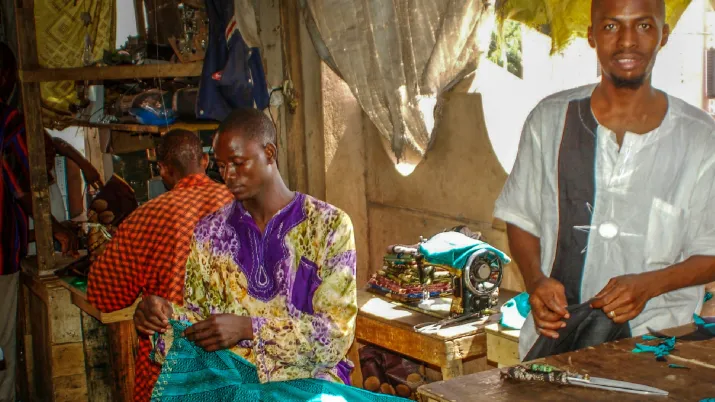
SME Finance as seen by regulators : Focus on Sub-Saharan Africa
Access to finance for African SMEs is a key challenge. Through this article, the Alliance for Financial Inclusion (AFI) aims to share the experiences and practices of member countries that have implem...
Published on
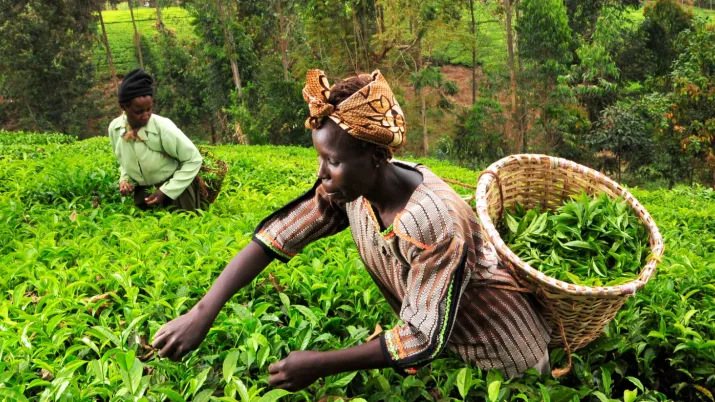
What are the main reasons for micro-business and SME loan default in Sub-Saharan Africa?
Micro- and small- and medium-sized businesses (micro-businesses and SMEs) are a vital part of Sub-Saharan Africa’s economic fabric but frequently suffer from poor access to funding and this represents...
Published on
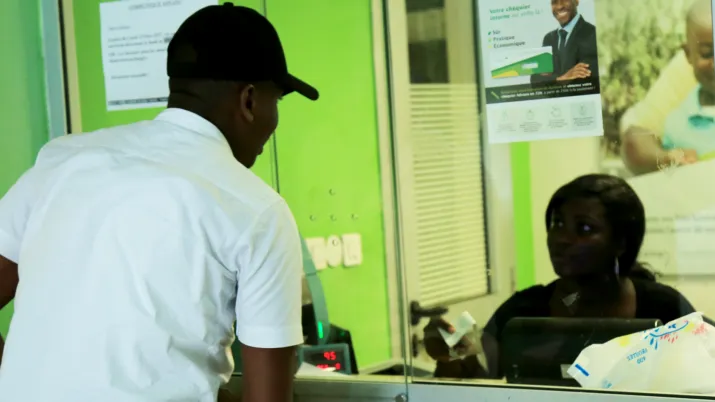
Realising Africa’s Potential: SME Finance and Skills
African SMEs have the potential to provide jobs for their working-age youth. Yet there are key impediments – access, risk, regulation and acumen – to them receiving financing. Addressing the perceived...
Published on
